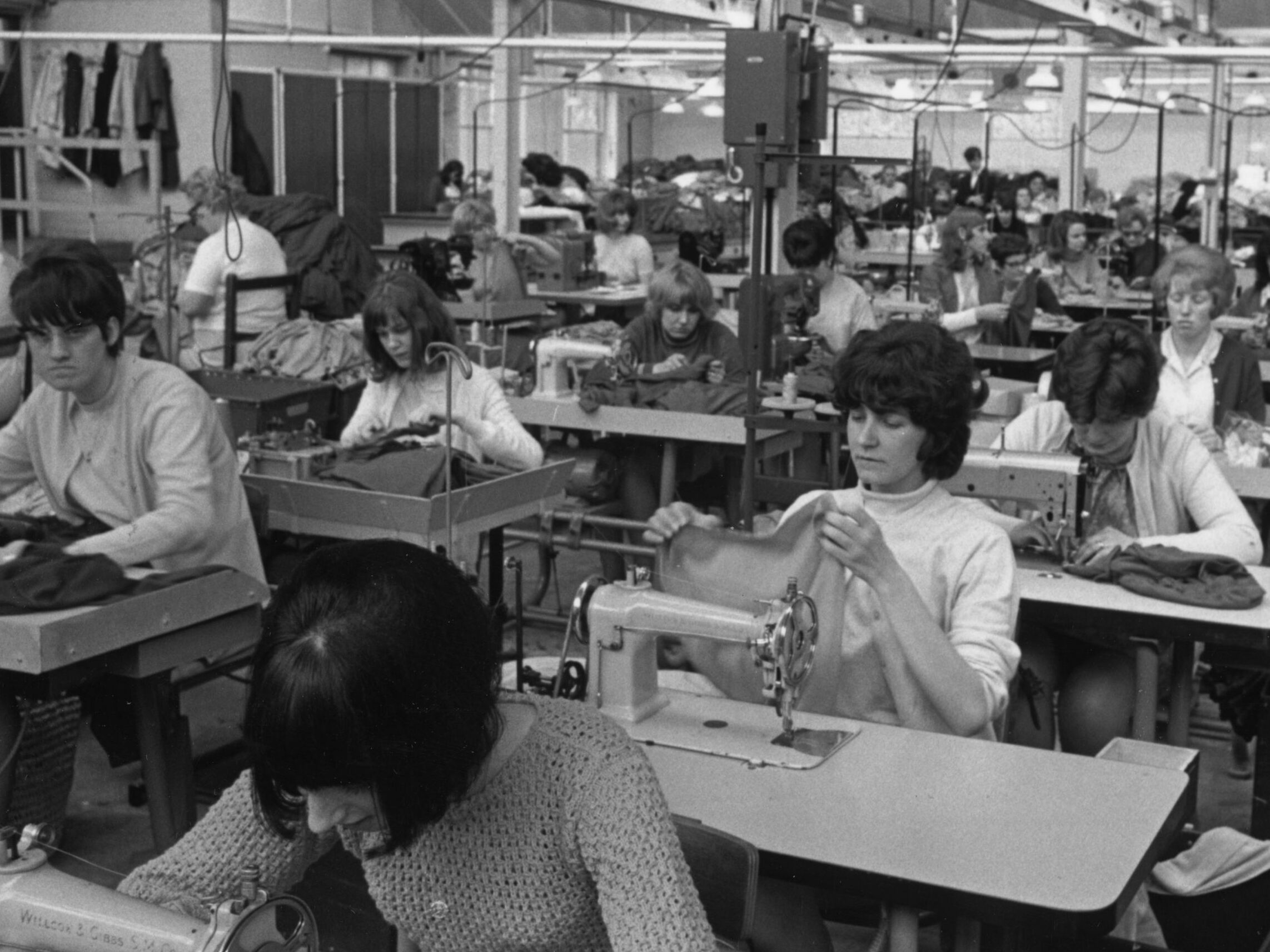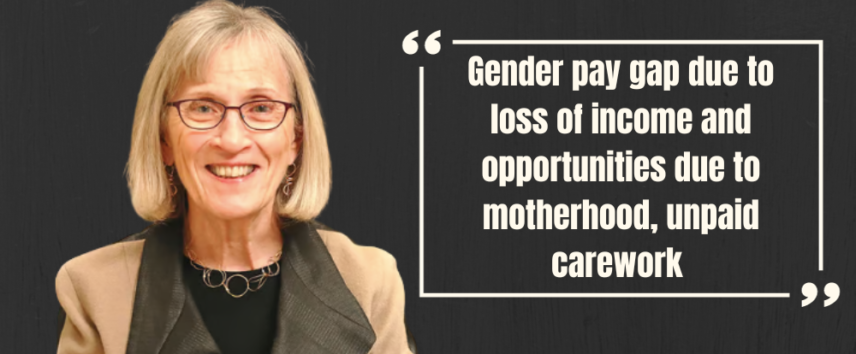
CLAUDIA GOLDIN AND HER WORK
Importance of Nobel Laureate Claudia Goldin’s work for Feminism, Economics, and its Intersection
Over the past few weeks, Nobel Laureate Claudia Goldin’s name has been reverberating across news and social media platforms more so than any other contemporary economist, and for good reason. Her being awarded the Nobel Prize in Economics marks only the third woman to be given this prestigious recognition and the very first whose research brings to the forefront the rich economics behind women’s issues, like the reasons for the persistence of the gender pay gap.

Her pioneering work was based on extensive research on over 200 years of United States wage and employment data and explored how and why gender differences in labour market participation, etc., have changed over time. Claudia Goldin’s work demonstrates that economic growth doesn’t necessarily equate to lesser gender inequality and explains the historical role of factors like the availability of contraceptives, one’s ability to both work and have a family due to personal and environmental reasons, social norms and expectations regarding women’s role in the family and labour market, etc. Her body of work thus holds important lessons on how to reduce gender equality from a socioeconomic perspective.
Claudia Goldin paved the way for feminist economics, being the first to empirically give voice to the idea that patriarchy leaves everyone worse off. Her research demonstrated how both men and women ‘lose’ from a traditional patriarchal dynamic: men have the opportunity to work but may be overburdened as the sole breadwinners and unable to spend much time with family, while women take care of the familial and domestic realm but are restricted to this kind of role to the detriment of their career aspirations.

While her research is mainly derived from historical economic data and the socio-cultural context of the US, its relevance to the modern Indian gender paradigm cannot be understated. Indian researchers have found support for Goldin’s hypothesis that another reason for the gender pay gap other than discriminatory practices is the fact that women typically tend to pursue jobs or occupations that are lower-paying than men. She also argued that the gender pay gap and workplace discrimination would be considerably reduced if strict guidelines and rewards for longer working hours were removed. This would allow women who choose to fulfill familial obligations to be able to work more flexibly without losing out career-wise. Moreover, while women’s labour force participation in India is indubitably low, Goldin’s work shows these statistics are also influenced in large part by misclassifications and undercounting of women’s work—much of what women do is not considered ‘work’ or is in the informal sector.

To conclude, we should celebrate Claudia Goldin’s extensive and impressive body of work being given a Nobel Prize not just because of her status as one of the only women to be given the extolled award but also because it represents a more widespread acceptance of feminist economics as a legitimate field of the subject in its own right with important global ramifications and vast potential yet to be unfurled.
Check out some our other articles here!






